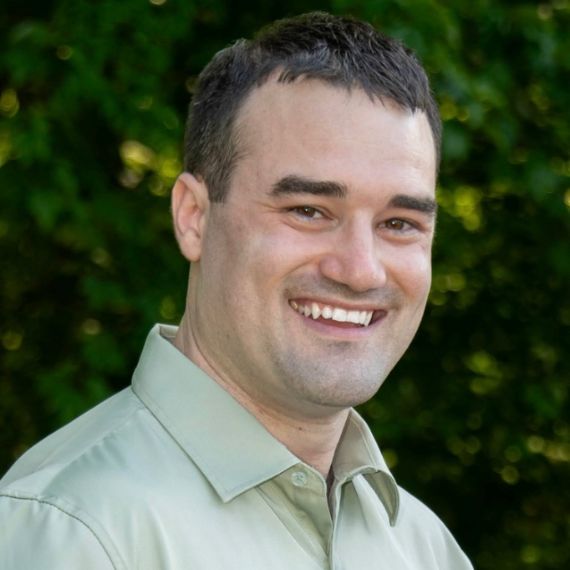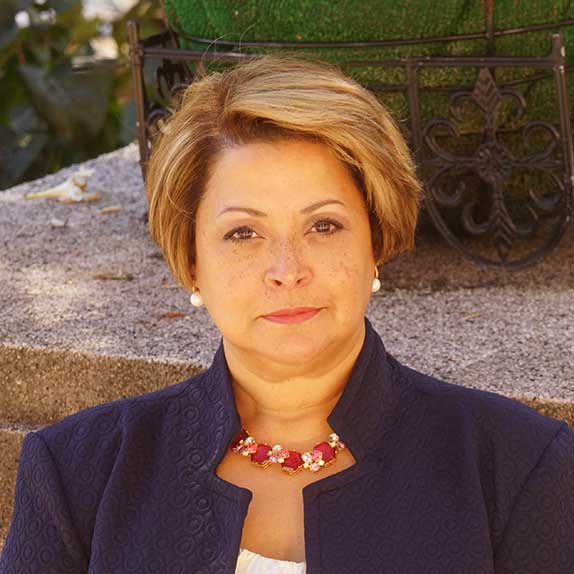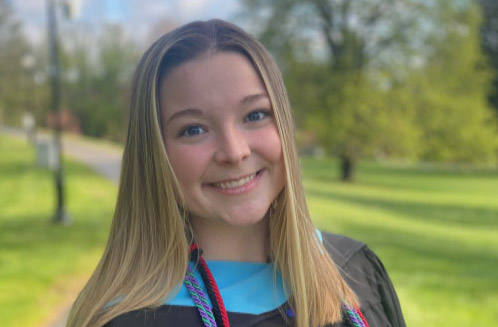Why Pursue a Master’s in Teaching Special Education (MEd)?
There is a specific need for both general education teachers as well as special education teachers. Having this degree makes an individual much more marketable as they pursue a meaningful career in education.
The Master of Education in Teaching Special Education (MEd) at Regis College allows you to enhance your professional portfolio and start or advance your career in education. Whether you are a licensed educator seeking your master's degree or looking to start a career by becoming a licensed teacher in education, the MEd program at Regis College is the right choice for you.
Our specialized coursework and curriculum emphasizing classroom inclusion will position you to be a leader in the education field. During this accelerated one-year program, you will learn the skills needed to develop innovative methods and sound educational practices to create challenging and engaging classrooms for students of all abilities.
MEd Teaching Special Education Career Paths
-
Career Changers
Regis provides a swift and uncomplicated path to becoming a teacher, no matter what you studied as an undergraduate. Our Master of Education in Special Education – moderate disabilities - is the perfect option if you are seeking initial licensure to teach K-12. Given the upward trend in the number of students with special learning needs, communities’ commitment to inclusive education, the moderate disabilities emphasis will qualify you for a broad range of classrooms, and including sub-separate special needs and inclusive classrooms. Some districts, including Boston, have announced that they will eventually require all teachers to be licensed in special education.
It’s easy to expand your qualifications to eventually add another licensure for general education classrooms
Regis’ MEd is an approved Massachusetts educator preparation program, so if combined with passing the MTELs noted below, it positions you to teach in classrooms without special needs students as well. You may add a second licensure in elementary teaching (Grades one through six) by completing an additional 150-hour internship in a typical elementary classroom. Your master’s can similarly be extended to teach at the middle and high school levels, though additional MTEL tests are required. For more details, please refer to the website for the Massachusetts Department of Elementary and Secondary Education. The Licensure Call Center is an excellent resource for prospective students: 781.338.6600.
-
Current Teachers
If you are already a licensed teacher and are pursuing a second licensure in special education, the requirements of the program are the same, though you will need to do fewer practicum hours. In many cases, you will be able to complete those hours in your current school, and frequently in your own classroom. We look forward to working with you to make this as convenient as possible.
Regis also provides a path to professional licensure. If you have a group of teachers that is ten or larger, Regis faculty will provide the courses on-site at your school. For more information, please contact the Director of Graduate Partnerships, at 781.768.7185.
Key Aspects of Our Program
- Field Placements and Practicums: You will be exposed to three different classrooms during the program, two field placement observations that total approximately 20 hours each, as well as a practicum (student teaching) placement that is 300 hours if you are not yet a teacher, and 150 hours if you are a teacher. The placements will include both special education and inclusion classrooms. Recent field experience placements include local public schools in Wayland, Boston, Weston, Framingham, and Waltham.
- Curriculum: The curriculum consists of 39 credits, or 11 classes, inclusive of student teaching. It includes a diverse range of teaching techniques that will enable you to tailor your approach to individual students. You can complete the program in one year full-time or in 16 months part-time. See the Curriculum tab to the left for the respective course sequences. Additionally, the program provides you with an Endorsement in Sheltered English Immersion (SEI), a requirement to teach in all types of classrooms in Massachusetts.
- MTELs: The coursework will prepare you for the Massachusetts Tests for Educator Licensure required in order to teach K-12 students with moderate disabilities. This is the same group of tests that are required to teach Pre-K to 8. There are additional subject matter specific MTELS required for academic teachers at the middle and high school levels. The tests are outlined here.
- Format: All of the courses are offered in an eight-week format, which enables you to focus on just one or two topic areas at a time. Four out of the ten courses offered are fully-online. The remaining are campus based and are offered in the evenings with sessions once or twice per week.
How Will You Rise at Regis?
“Regis MEd program gave me the confidence I needed to launch a new career in teaching. The faculty and staff at Regis were incredibly supportive, empathetic and forward thinking. I couldn’t have chosen a better program!”Lynn Song
Why Pursue a Master’s in Teaching Special Education at Regis?
Almost 100 years ago, Regis College began as an institution for individuals who wanted to be teachers. Our mission is evident in this program through the content for preparation of Special Education Teachers, as well as the instructors who believe in the students and support them in all courses throughout the program.
Learning Outcomes
- Understand theories and principles of culturally responsive teaching.
- Investigate personal and societal dispositions and attitudes on areas that affect us as individuals and teachers, including, race, class, gender/gender identity, and sexual orientation.
- Investigate personal and societal dispositions and attitudes on areas that affect us as individuals and teachers, including, race, class, gender/gender identity, and sexual orientation.
- Learn how to write an Educational Evaluation Report.
- Learn how to write educational goals and accommodations for an IEP.
- Understand basic assessment principles, gaining in-depth knowledge of one particular diagnostic tool and exposure to several others.






